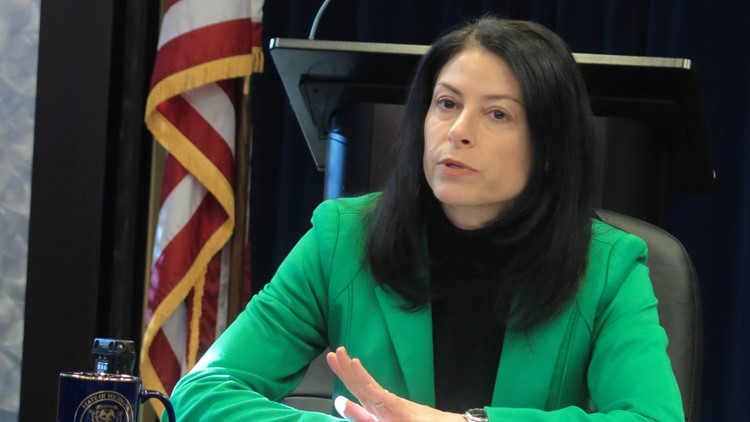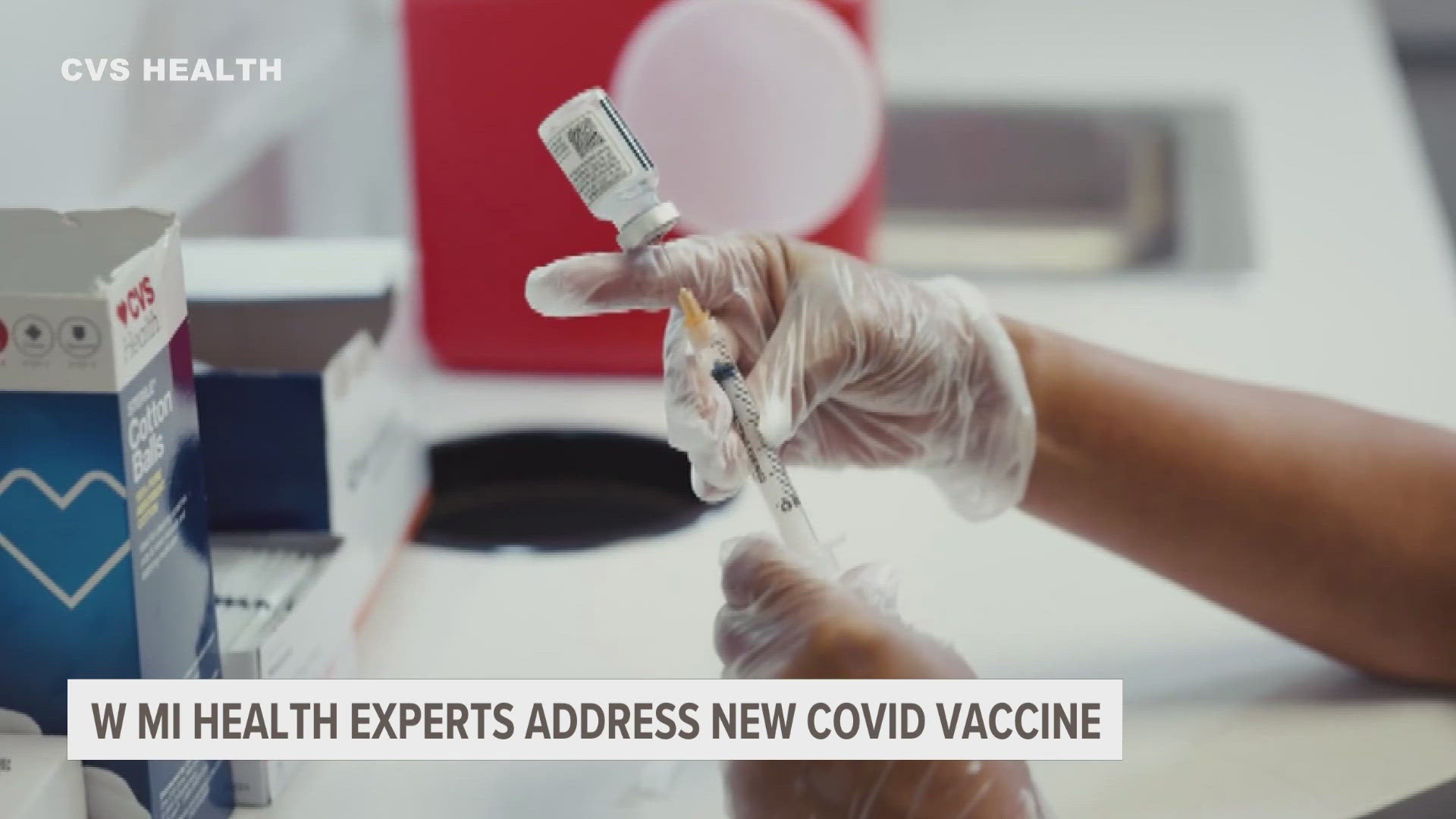LANSING, Mich. — Attorney General Dana Nessel reissued a consumer alert after another local heath department received reports of COVID-19 scams involving Medicare and Medicaid information.
Scammers are calling local residents to offer medication and at-home COVID-19 tests and asking for resident's Medicare and Medicaid information for billing purposes.
Previous reports focused on the Ionia County Health Department, but now there are reports from the Benzie Leelanau Public Health Department.
On March 31, the Attorney General reissued a consumer alert, to make residents aware of the situation.
The Benzie Leelanau Public Health Department has received calls from residents in the 248 and 989 area codes about the scams, while the department is in the 231 area code.
“Scammers are still on a quest to take advantage of this public health crisis to gain access to your private information. As we continue to work together to mitigate the spread of COVID-19, I want to remind all Michiganders to stay on high alert for scam calls, emails and text or direct messages on social media,” said Nessel.
Nessel also said, “Do not hesitate to contact our Consumer Protection Team to report a scam, file a complaint, or get additional information.”
To seem more official, scammers will use a technique called "spoofing." That's when a call appears to be coming from a legitimate government number.
Scammers may also sound official and be very persuasive.
Anyone who receives a call they suspect might be a scam should hang up immediately. No one should give out personal information to an unsolicited caller.
The Attorney General's Office also says that residents should be aware of online coronavirus scams. These scams will attempt to sell fake products and provide false information about COVID-19 tests and treatment.
These attempts to receive personal information may include emails or online post advertising for unreliable products, advice, fake tests, and cures to prevent the spread of COVID-19.
Anyone looking to report a potential scam, price-gouging, and any other violation of the Michigan Consumer Protection Act can do so by filing a claim online or by calling 877-765-8388.
RELATED VIDEO:
MORE CORONAVIRUS NEWS:
►Make it easy to keep up to date with more stories like this. Download the 13 ON YOUR SIDE app now.
Have a news tip? Email news@13onyourside.com, visit our Facebook page or Twitter. Subscribe to our YouTube channel.




